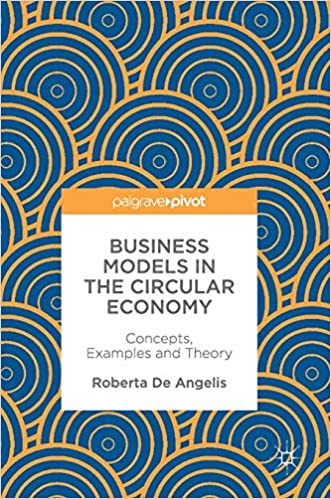
This book focuses on the role of corporations in the transition towards an economy that works more in line with ecological limits. It is centred on business model innovation in the context of the circular economy, which is gaining consensus across business, policy and academic circles by proposing more resource efficient industrial processes. Interest in circular business models is growing within academic and practitioner literature yet the concept is not clearly understood, with potential negative consequences for theory building and practical implementation. Therefore, this book conceptualises circular business models and investigates their theoretical foundations in relation to the rationale for adopting them, drawing on circular economy, business model, strategic management and neo-institutional literature and secondary data.
Dit boek richt zich op de rol van bedrijven in de overgang naar een economie die meer in overeenstemming met ecologische grenzen werkt. Het boek richt zich op innovatie van bedrijfsmodellen in de context van de circulaire economie, die consensus wint in het bedrijfsleven, het beleid en academische kringen door voorstellen te doen voor industriële processen die efficiënter met hulpbronnen omgaan. De belangstelling voor circulaire bedrijfsmodellen neemt toe in de academische en praktijkliteratuur, maar het concept wordt niet duidelijk begrepen, met mogelijk negatieve gevolgen voor theorievorming en praktische implementatie. Daarom worden in dit boek circulaire bedrijfsmodellen geconceptualiseerd en worden hun theoretische grondslagen onderzocht in relatie tot de beweegredenen om ze toe te passen, waarbij gebruik wordt gemaakt van circulaire economie, bedrijfsmodellen, strategisch management en neo-institutionele literatuur en secundaire gegevens.
Geef een reactie
Je moet ingelogd zijn op om een reactie te plaatsen.